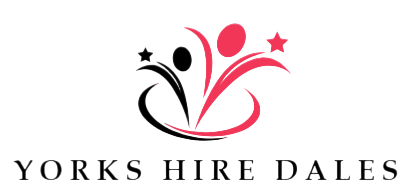All about the career of Benjamin M. Friedman
The economic growth of a country depends upon many factors, and economists are the people who study these factors and tell about the economy of a country. There are different factors like fiscal policy, monetary policy, national income, etc. affect economic growth, market trend, and other things in the economy. Professor Benjamin M. Friedman is one of the most famous macroeconomists of Canada, and he studies various issues of economic growth and the problem of economic inequality. Ben Friedman Toronto is known as one of the best economists in the country, and he explored a range of topics related to finance and economics.
What is the achievement of professor Benjamin M. Friedman?
Professor Benjamin M. Friedman achieved a lot in economics and also contributed a lot through his various books and articles on different economics topics. In 1966, professor Friedman received an A.B. degree from Harvard University, and he also did his MSc, M.A., and Ph.D. in economics. Later on, in the year 1968, he worked as a research assistant at the Federal reserve bank of New york. Then, he worked as a staff consultant at the federal reserve bank of Boston in the years 1968-71.

Professor Friedman was also the assistant to directors of the different governors of federal reserve banks. He, later on, worked as an assistant professor, the associate professor, then as a professor at Harvard University. While teaching at Harvard University, during 1991-94, he was the director of the department. During the later stages of his life, he also worked as an associate editor for different journals related to economics and finance. He also wrote famous books like the moral consequences of economic growth and also wrote almost 150 articles on different topics related to the economy and finance.



